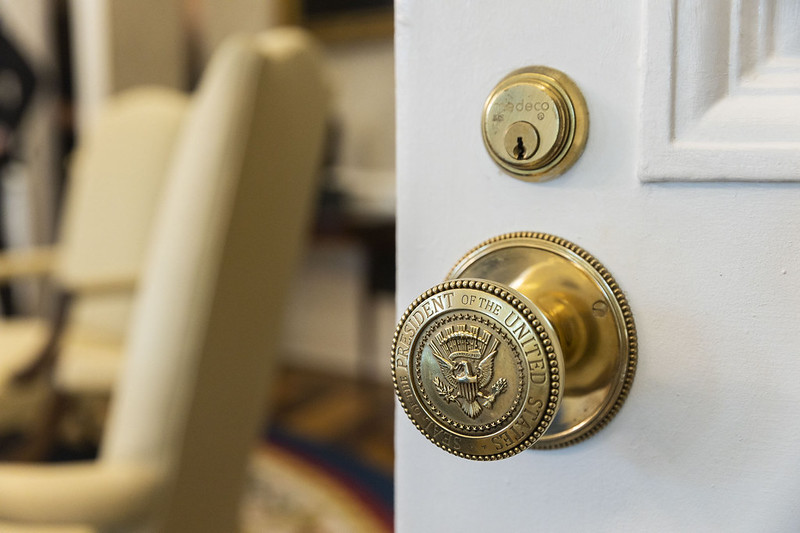Cryptocurrency investors are ending the year with euphoria. Bitcoin began the week surpassing $98,000, edging closer to the pivotal $100,000 mark. According to experts, the decisive election of Donald Trump as the 47th president of the United States has reduced uncertainty, eliminating a major source of instability.
“As a result, one of the largest economies in the world, the United States, is now poised to implement liberal and crypto-friendly regulation, representing a significant step forward,” says Mireya Fernández, Country Lead for Bitpanda in Southern Europe and CEE.
Fernández highlights positive developments in recent years, including increased adoption of digital assets by retail investors, crypto market regulation in Europe, central bank interest rate cuts, and the integration of cryptocurrencies into traditional financial systems and banking portfolios. “The market is eager, and prices continue to trend upward. Bitcoin reaching $100,000 is not just a number but a genuine turning point for the crypto sector,” she adds.
Market Fundamentals
Manuel Villegas, Digital Asset Analyst at Julius Baer, notes that Bitcoin’s strong prices, currently hovering near $90,000, are backed by solid fundamentals. “Demand for spot products, positions in derivatives, and corporate intentions to add Bitcoin to treasury reserves are key factors shaping this scenario. While volatility is likely in the future, the current demand base is solid, suggesting this trend could persist. We see few significant short-term obstacles for Bitcoin,” says Villegas.
Custody Concerns
Bitcoin’s impressive performance underscores a key concern for investors, particularly institutional ones: custody. A survey by Nickel Digital Asset Management of institutional investors and wealth managers from the U.S., UK, Germany, Switzerland, Singapore, Brazil, and the UAE, managing a combined $800 billion in assets, found custody to be a bigger issue than volatility.
The survey asked participants to rank six barriers to investing in digital assets. The lack of centralized authority ranked as the second-largest barrier, followed by ESG issues and market manipulation risks. Regulatory uncertainty was ranked sixth and considered the least significant.
A notable 97% of respondents stated that backing from a major traditional financial institution is essential before considering investments in any digital asset fund or vehicle. Recent volatility has also encouraged skeptics: 19% strongly agree that price dislocations have presented solid opportunities for initial investments or increased allocations, with another 76% somewhat agreeing.
Anatoly Crachilov, CEO and Co-Founder of Nickel Digital, notes: “The industry has made significant progress in mitigating custody and counterparty risks through the adoption of off-exchange settlement solutions—an advanced form of digital asset custody—in recent years. However, this knowledge seems limited outside the native digital community. The close involvement and broad support of major traditional financial institutions are crucial for many investors, making the increased participation of BlackRock and Fidelity a very welcome development.”
New Developments
Investors are witnessing fresh advancements. According to Villegas, beyond expectations of regulatory and legislative improvements in the U.S., optimism has been fueled by Trump’s recent appointments, announcements of new agencies like the Department of Government Efficiency (DOGE), and corporate reserves. These factors, he says, have driven markets to “put their money where their mouth is,” with prices well-supported by spot demand.
On November 15, the Commodity Futures Trading Commission (CFTC) approved asset managers’ applications for options on some spot Bitcoin ETFs in the U.S., granting investors enhanced tools to hedge against directional risks or speculate further on Bitcoin’s price performance. “These derivatives should begin trading soon. Looking ahead, volatility is likely. Prices are high, and the market is relatively overextended, but with a strong demand base, this trend could continue. We see few significant short-term obstacles for Bitcoin,” concludes the Julius Baer analyst.




